15% off £35 OR 20% off £45
Ginkgo Biloba
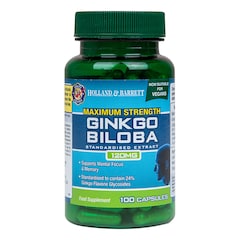

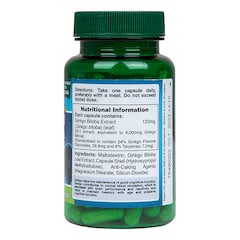
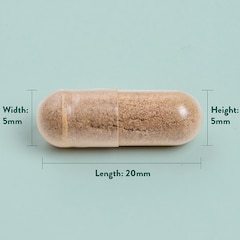
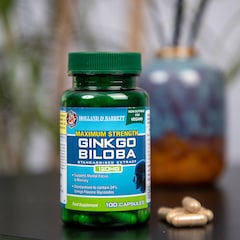
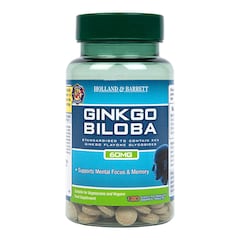
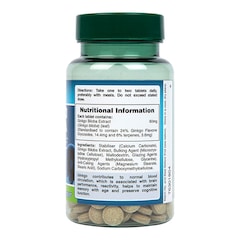
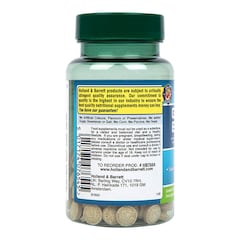
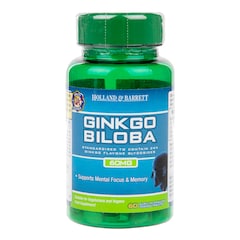
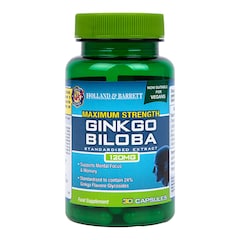
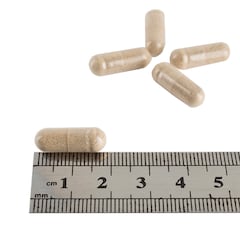
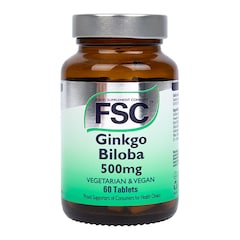
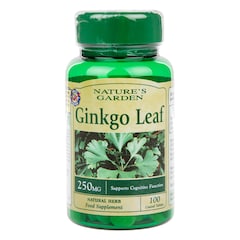
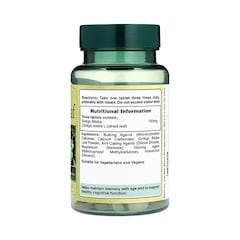
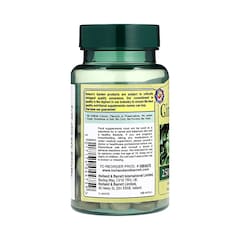
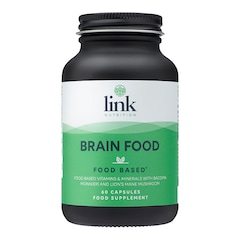
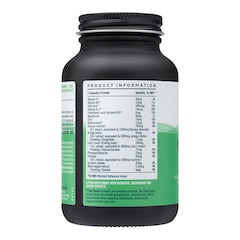
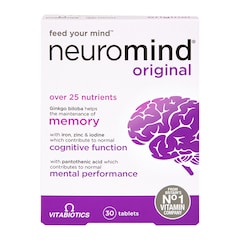


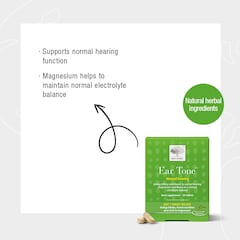

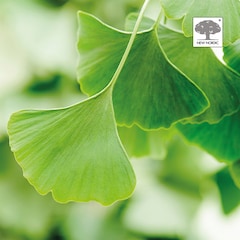
Ginkgo biloba
Ginkgo biloba is well known as a herb traditionally used for its circulation- and memory-boosting effects. But did you know it’s actually an ancient tree dating back more than 200 million years? In fact, botanists consider ginkgo a living fossil – the rest of its plant family is extinct!
Where is ginkgo biloba from?
Traditionally, gingko comes from China – its name translates as ‘silver apricot’ in Chinese, after the tree’s delicate fruit. It now grows throughout the rest of Asia, Western Europe and North America.
How does ginkgo biloba work?
Extracts made from ginkgo’s dried leaves contain flavonoids and terpenoids. Researchers think these help protect cells in the body from damaging free radicals. In turn, this can support circulatory health.
Why do people take ginkgo biloba?
OK, we know how it works but what is ginkgo biloba used for? Scientists think the herb may help maintain memory with age decline when taken by older adults. Other uses include supporting blood circulation.
How much ginkgo biloba is safe to take?
There’s no safe upper limit for ginkgo biloba in the UK, and dosages vary between products. Read the label on any ginkgo biloba supplements carefully, and speak to your GP first: the herb can interact with certain medicines, including anti-depressants, diabetes drugs and non-steroidal anti-inflammatories (NSAIDs), like ibuprofen.
Ginkgo biloba
Ginkgo biloba is well known as a herb traditionally used for its circulation- and memory-boosting effects. But did you know it’s actually an ancient tree dating back more than 200 million years? In fact, botanists consider ginkgo a living fossil – the rest of its plant family is extinct!
Where is ginkgo biloba from?
Traditionally, gingko comes from China – its name translates as ‘silver apricot’ in Chinese, after the tree’s delicate fruit. It now grows throughout the rest of Asia, Western Europe and North America.
How does ginkgo biloba work?
Extracts made from ginkgo’s dried leaves contain flavonoids and terpenoids. Researchers think these help protect cells in the body from damaging free radicals. In turn, this can support circulatory health.
Why do people take ginkgo biloba?
OK, we know how it works but what is ginkgo biloba used for? Scientists think the herb may help maintain memory with age decline when taken by older adults. Other uses include supporting blood circulation.
How much ginkgo biloba is safe to take?
There’s no safe upper limit for ginkgo biloba in the UK, and dosages vary between products. Read the label on any ginkgo biloba supplements carefully, and speak to your GP first: the herb can interact with certain medicines, including anti-depressants, diabetes drugs and non-steroidal anti-inflammatories (NSAIDs), like ibuprofen.

